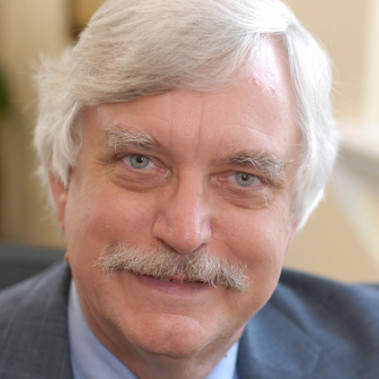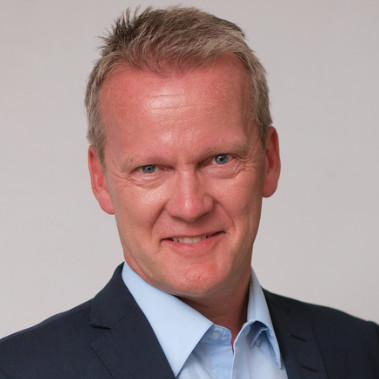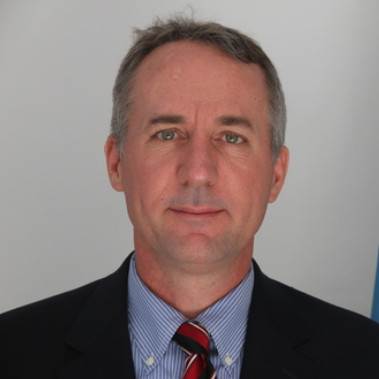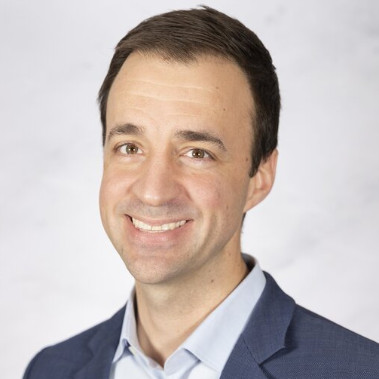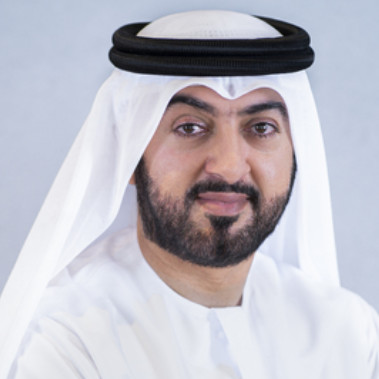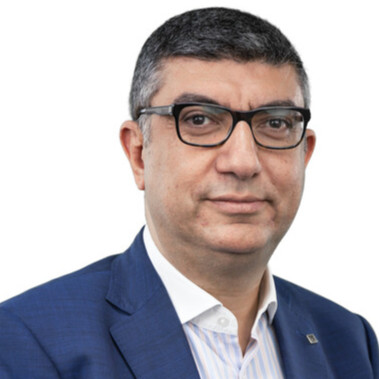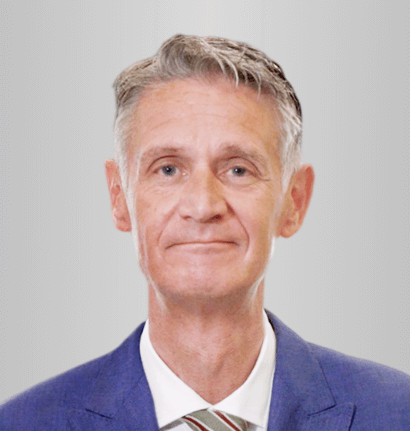المركز الاعلامي المركز الاعلامي
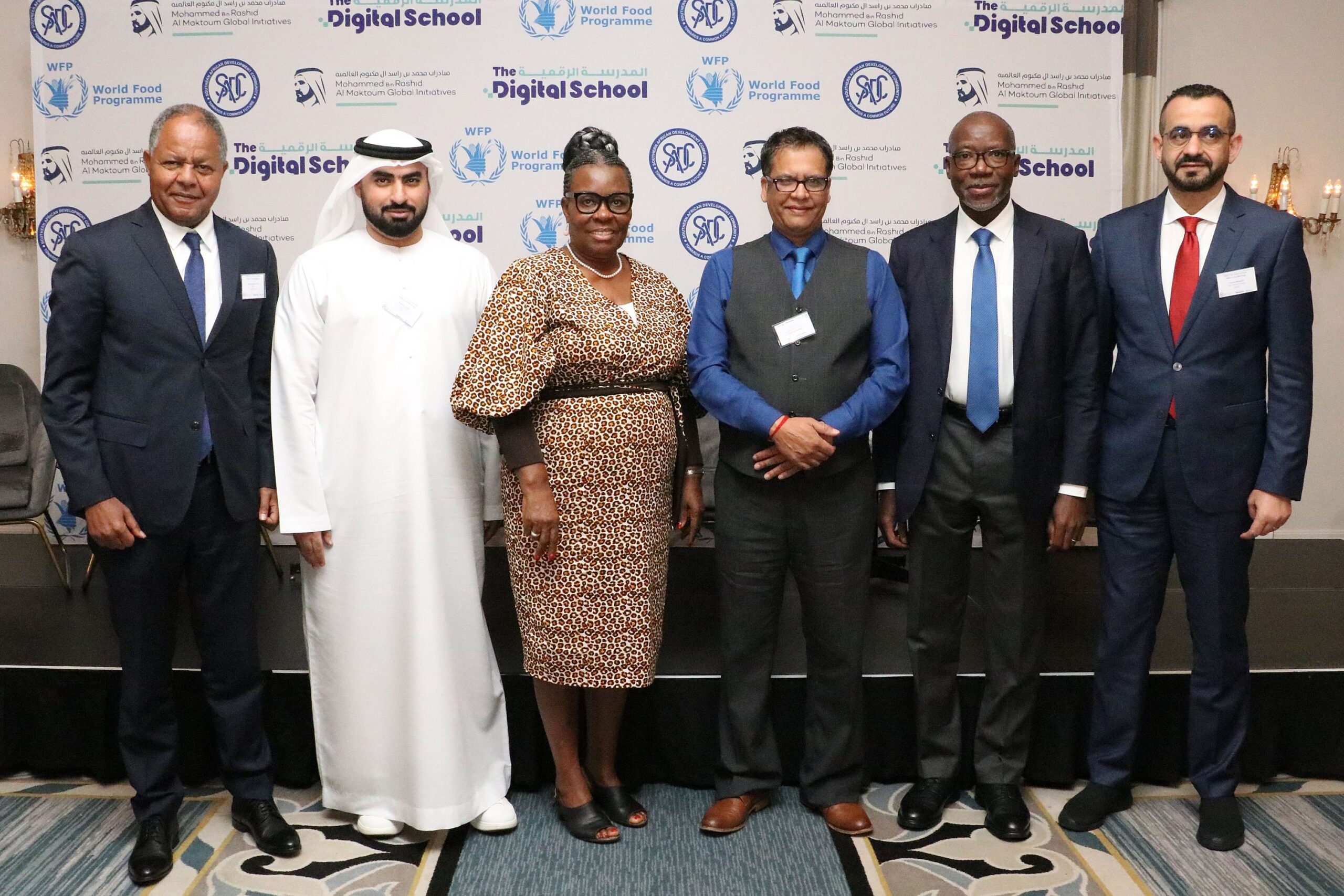
المدرسة الرقمية تعزز التحول الرقمي وتوجهات مستقبل التعليم لدول أفريقيا الجنوبية
المدرسة الرقمية تعزز التحول الرقمي وتوجهات مستقبل التعليم لدول أفريقيا الجنوبية
The Digital School – one of Mohammed bin Rashid Al Maktoum’s global initiatives – held a series of high-level sessions, entitled “Promoting digital transformation in education for the Southern African Development Community countries”, in cooperation with the World Food Program and the Southern African Development Community, in which experts and specialists in the educational and academic sectors participated. And development and technology and from the private sector, within the activities of the high-level sessions on digital education for the countries of the southern African region, which were held in the city of Cape Town in the Republic of South Africa during the period from 27 to 29 November.
The dialogue sessions and workshops aimed to support efforts to shape the future directions of the education sector by developing a road map for the advancement of digital education in countries of the region, and identifying the opportunities and challenges associated with this sector, which contributes to enabling them to benefit from the great opportunities that advanced technology provides to the educational sector.
The dialogue sessions were held to build on the outcomes of the agreement signed by the Digital School and the World Food Program in New York City, in conjunction with the meetings of the United Nations General Assembly, last September, in the presence of His Excellency Sheikh Shakhbut Al Nahyan, Minister of State, and His Excellency Omar Sultan Al Olama, Minister of State for Artificial Intelligence and the Digital Economy. And remote work applications, Chairman of the Board of Directors of the Digital School, and representatives of the Southern African Development Community.
The event witnessed the announcement of a number of joint initiatives related to the digital education sector, including a road map for the advancement of digital education in the countries of the Southern African Community in cooperation with the Digital School, and the launch of cooperation between the Digital School and the national offices of the World Food Program in the 16 countries of the region, in addition to the announcement of a grant. To train 1,000 digital teachers from the countries of the Southern African Community, in cooperation between the Digital School and Arizona State University, sponsored by the Government Knowledge Exchange Office in the UAE, and to open the door to partnerships and cooperation to support the roadmap for digital education.
Dr. Walid Al Ali, Secretary General of the Digital School, stressed the importance of strengthening efforts to spread future education models in the countries of the African continent, stressing that the Digital School is keen to launch initiatives and projects aimed at embodying the leadership’s directives by expanding the circle of UAE partnerships in the fields of education, development and digital literacy, in a way that enhances The country’s global leadership in developing the new generation of education.
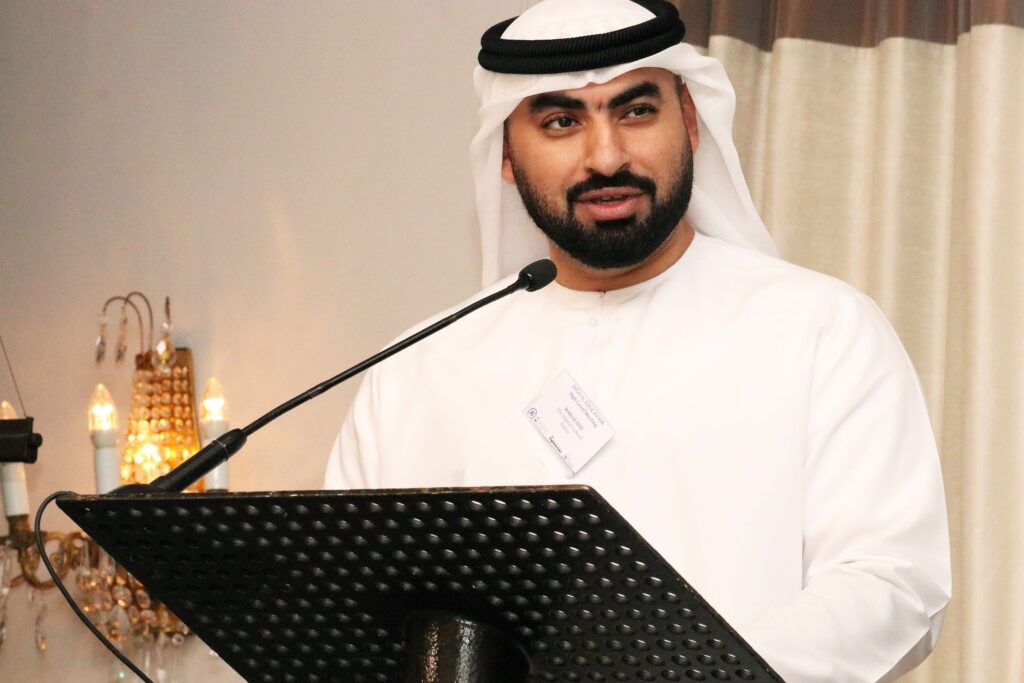
He said that the participants in the sessions worked to draw and define the features of a road map for digital education for the countries of the southern African region and discussed the challenges, opportunities and innovative solutions that would ensure the dissemination of this model and enable students in the region to access the best educational opportunities, and provide teachers with the tools and skills necessary to implement digital education models.
He pointed out that the first phase of the initiative aimed at popularizing the digital education model, which is being implemented in coordination with the World Food Program and the Southern African Development Community, will focus on 6 countries: Angola, Lesotho, Madagascar, Namibia, Zambia, and South Africa.
The summit aimed to expand the network of partners, including the private sector and telecommunications companies, establishing a new era of cooperation and innovation in digital education.
As part of the summit activities, a series of meetings were held between the digital school team and policy makers and those concerned with the education sector in the Southern African Development Community countries, to share the school’s experiences in the field of digital education in a way that supports efforts to transfer the experience and develop a plan that suits the needs and keeps pace with the aspirations of southern African countries.
More than 100 officials and specialists from 18 countries participated in the summit, including 6 ministers of education and technology, 46 speakers and experts, and representatives of 35 institutions.
It is noteworthy that His Excellency Sheikh Shakhbut bin Nahyan Al Nahyan, Minister of State, and His Excellency Omar Sultan Al Olama, Minister of State for Artificial Intelligence, Digital Economy and Remote Work Applications and Chairman of the Board of Directors of the Digital School, witnessed last September the signing of a memorandum of understanding at the headquarters of the Permanent Mission of the UAE to the United Nations. To expand digital school initiatives to reach schools in less fortunate communities in Sub-Saharan Africa.
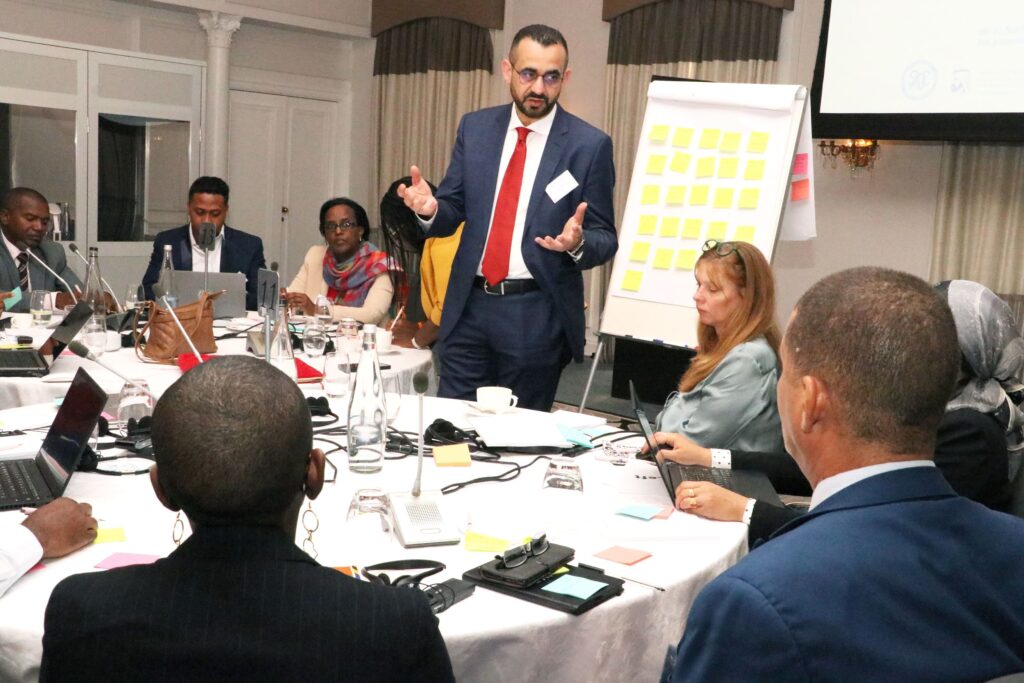
The memorandum was signed by Dr. Waleed Al Ali, Secretary-General of the Digital School, and Ute Klamert, Assistant Executive Director of the United Nations World Food Programme, in the presence of Her Excellency Anna Esther Nyibunduka, Minister of Education, Arts and Culture of the Republic of Namibia, and Estrin Lesingye-Futabong, Director of Program Implementation and Coordination at the New Partnership Planning and Coordination Agency. For African Development “NEPAD”.
It is noteworthy that the “Digital School”, which was launched by His Highness Sheikh Mohammed bin Rashid Al Maktoum, Vice President and Prime Minister of the UAE and Ruler of Dubai, “may God protect him”, in November 2020 within the Mohammed bin Rashid Al Maktoum Global Initiatives Foundation, is the first integrated digital school from Its type, and aims to empower students with digital learning options in areas that do not have the appropriate conditions or components that students need to continue their education. It also provides a qualitative option for blended learning and distance learning, in a smart and flexible way, targeting the less fortunate societal groups, refugees and displaced persons, through materials. And modern educational curricula.
عقدت المدرسة الرقمية – إحدى مبادرات محمد بن راشد آل مكتوم العالمية – سلسلة جلسات رفيعة المستوى، بعنوان “تعزيز التحول الرقمي في التعليم لدول مجموعة التنمية لأفريقيا الجنوبية”، بالتعاون مع برنامج الأغذية العالمي ومجموعة التنمية لأفريقيا الجنوبية، شارك فيها خبراء ومتخصصون في القطاعات التعليمية والأكاديمية والتنموية والتقنية ومن القطاع الخاص، ضمن فعاليات الجلسات الرفيعة المستوى للتعليم الرقمي لدول منطقة أفريقيا الجنوبية التي عقدت في مدينة كيب تاون في جمهورية جنوب أفريقيا خلال الفترة من 27 إلى 29 نوفمبر.
وهدفت الجلسات الحوارية وورش العمل إلى دعم جهود تشكيل التوجهات المستقبلية لقطاع التعليم من خلال وضع خارطة طريق للنهوض بالتعليم الرقمي في دول المنطقة، وتحديد الفرص والتحديات المرتبطة بهذا القطاع، ما يسهم في تمكينها من الاستفادة من الفرص الكبرى التي توفرها التكنولوجيا المتقدمة للقطاع التعليمي.
وجاء عقد الجلسات الحوارية ليبني على مخرجات الاتفاقية التي وقعتها المدرسة الرقمية وبرنامج الأغذية العالمي في مدينة نيويورك، بالتزامن مع اجتماعات الجمعية العامة للأمم المتحدة، في سبتمبر الماضي، بحضور معالي الشيخ شخبوط آل نهيان وزير دولة، ومعالي عمر سلطان العلماء وزير دولة للذكاء الاصطناعي والاقتصاد الرقمي وتطبيقات العمل عن بعد، رئيس مجلس إدارة المدرسة الرقمية، وممثلي مجموعة التنمية لدول أفريقيا الجنوبية.
وشهدت الفعالية الإعلان عن عدد من المبادرات المشتركة الخاصة بقطاع التعليم الرقمي، وتشمل خارطة طريق للنهوض بالتعليم الرقمي في دول مجموعة الجنوب الإفريقي بالتعاون مع المدرسة الرقمية، وإطلاق تعاون بين المدرسة الرقمية والمكاتب الوطنية لبرنامج الأغذية العالمي في دول المنطقة الـ 16، إضافة إلى الإعلان عن منحة لتدريب 1000 معلم رقمي من دول مجموعة إفريقيا الجنوبية بالتعاون بين المدرسة الرقمية وجامعة ولاية أريزونا برعاية مكتب التبادل المعرفي الحكومي في دولة الإمارات، وفتح باب الشراكات والتعاون لدعم خارطة الطريق للتعليم الرقمي.
وأكد الدكتور وليد آل علي أمين عام المدرسة الرقمية أهمية تعزيز الجهود لتعميم نماذج التعليم المستقبلي في دول القارة الأفريقية، مشدداً على أن المدرسة الرقمية حريصة على إطلاق المبادرات والمشاريع الهادفة لتجسيد توجهات القيادة بتوسيع دائرة شراكات دولة الإمارات في مجالات التعليم والتنمية ومحو الأمية الرقمية، بما يعزز الريادة العالمية للدولة في تطوير الجيل الجديد للتعليم.
وقال إن المشاركين في الجلسات عملوا على رسم وتحديد ملامح خارطة طريق للتعليم الرقمي لدول منطقة الجنوب الافريقي وبحثوا التحديات والفرص والحلول المبتكرة الكفيلة بتعميم هذا النموذج وتمكين الطلاب في المنطقة من الوصول إلى أفضل فرص التعليم، وتزويد المعلمين بالأدوات والمهارات اللازمة لتطبيق نماذج التعليم الرقمي.
وأشار إلى أنه سيتم التركيز في المرحلة الأولى من المبادرة الهادفة لتعميم نموذج التعليم الرقمي، التي يتم تنفيذها بالتنسيق مع برنامج الأغذية العالمي ومجموعة التنمية لأفريقيا الجنوبية، على 6 دول هي: أنغولا وليسوتو ومدغشقر وناميبيا وزامبيا وجنوب أفريقيا.
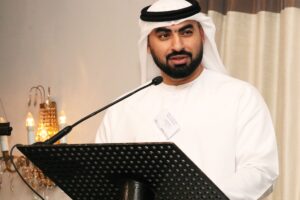
وهدفت القمة إلى توسيع شبكة الشركاء، بما في ذلك القطاع الخاص وشركات الاتصالات، ما يؤسس لعصر جديد من التعاون والابتكار في التعليم الرقمي.
وتم ضمن فعاليات القمة عقد سلسلة لقاءات واجتماعات بين فريق المدرسة الرقمية بصناع السياسات والمعنيين بقطاع التعليم في دول مجموعة التنمية لأفريقيا الجنوبية، لمشاركة تجارب المدرسة في مجال التعليم الرقمي بما يدعم جهود نقل التجربة وتطوير خطة تناسب احتياجات وتواكب تطلعات دول الجنوب الأفريقي.
وشارك في القمة أكثر من 100 من المسؤولين والمتخصصين من 18 دولة من ضمنهم 6 وزراء تعليم وتكنولوجيا، و46 متحدثا وخبيرا، وممثلو 35 مؤسسة.
يذكر أن معالي الشيخ شخبوط بن نهيان آل نهيان وزير دولة، ومعالي عمر سلطان العلماء وزير دولة للذكاء الاصطناعي والاقتصاد الرقمي وتطبيقات العمل عن بعد رئيس مجلس إدارة المدرسة الرقمية، شهدا في سبتمبر الماضي، توقيع مذكرة تفاهم في مقر البعثة الدائمة لدولة الإمارات لدى الأمم المتحدة، لتوسيع مبادرات المدرسة الرقمية لتصل إلى المدارس في المجتمعات الأقل حظا في مناطق جنوب الصحراء الأفريقية.
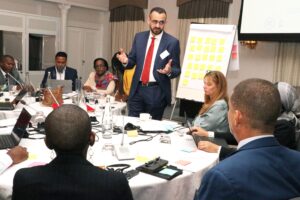
وقع المذكرة الدكتور وليد آل علي أمين عام المدرسة الرقمية، وأوتي كلاميرت المدير التنفيذي المساعد لبرنامج الأغذية العالمي التابع للأمم المتحدة، بحضور معالي آنا إستر نايبوندوكا وزيرة التعليم والفن والثقافة لجمهورية نامبيا، وإسترين ليسينغي-فوتابونغ مديرة تنفيذ وتنسيق البرامج في وكالة التخطيط والتنسيق في الشراكة الجديدة لتنمية أفريقيا “نيباد”.
يذكر ، أن “المدرسة الرقمية”، التي أطلقها صاحب السمو الشيخ محمد بن راشد آل مكتوم نائب رئيس الدولة رئيس مجلس الوزراء حاكم دبي “رعاه الله”، في نوفمبر 2020 ضمن مؤسسة مبادرات محمد بن راشد آل مكتوم العالمية، تعد أول مدرسة رقمية متكاملة من نوعها، وتهدف إلى تمكين الطلاب بخيارات التعلم الرقمي في المناطق التي لا تتوفر فيها الظروف الملائمة أو المقومات التي يحتاجها الطلاب لمتابعة تعليمهم، كما توفر خياراً نوعياً للتعلم المدمج و التعلم عن بُعد، بطريقة ذكية ومرنة، مستهدفة الفئات المجتمعية الأقل حظا واللاجئين والنازحين، عبر مواد ومناهج تعليمية عصرية.



